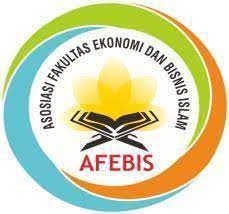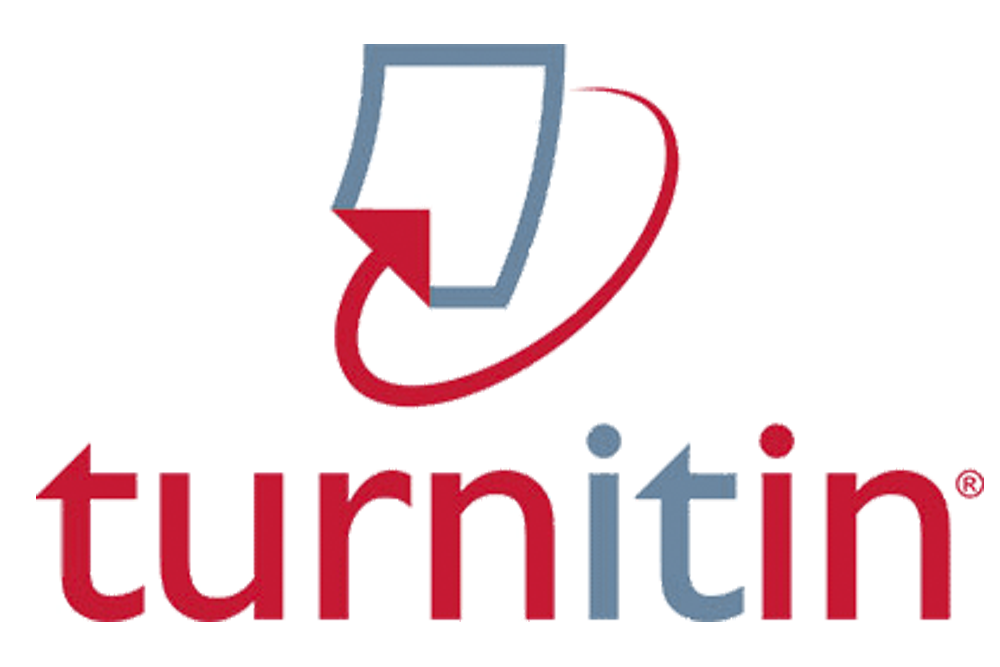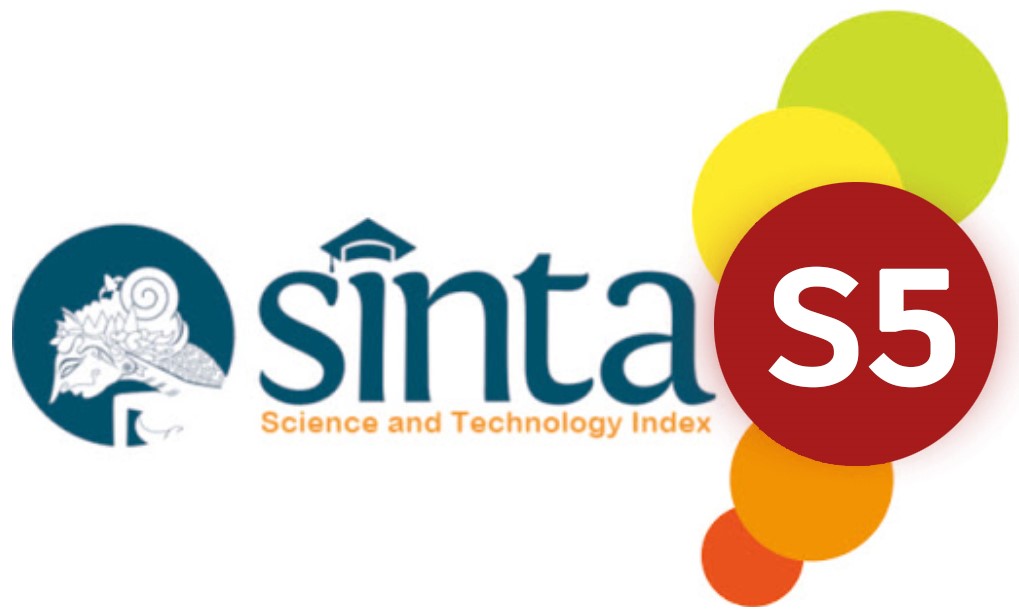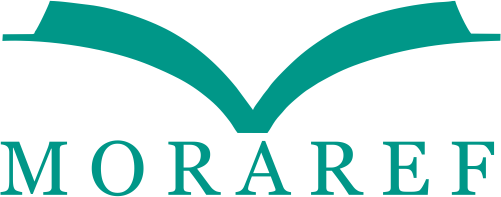THE MEDIATING ROLE OF COMPANY NON-FINANCIAL PERFORMANCE AND RELIGIOSITY AS A MODERATING VARIABLE BETWEEN LEARNING ORIENTATION AND COMPANY FINANCIAL PERFORMANCE
Abstract
This study aims to see the mediating role of non-financial performance between learning orientation and financial performance. Furthermore religiosity has a moderating role between learning orientation and non-financial performance. No relevant profit theory and still limited research that saw the company's performance from both sides of the financial and non-financial to be a gap for doing research. The sample in this study is small and medium enterprises (SMEs) domiciled in Indonesia country. Research method using a Partial Least Square (PLS) 3. The results of this study indicate that the orientation of learning has a positive and significant impact on company financial performance and company non-financial companies. Religiosity has a moderating role strengthen the relationship learning orientation and non-financial performance. Furthermore, this study also gives results that company non-financial performance mediates some of the relationship between learning orientation to company financial performance.
Keywords
Full Text:
PDFReferences
Alam, S.S. and N.M. Sayuti, (2011). Applying the Theory of Planned Behavior (TPB) in Halal Food Purchasing. International Journal of Commerce and
Management, 21(1): 8-20.
Amin, M. 2015. The effect of entrepreneurship orientation and learning orientation on SMEs’ performance: An SEM-PLS approach. Journal of Internationale Business Entrepreneurship Development, 8, 215-230.
Anton, S.A., Muzakan, I., Muhammad, W. F. Syamsudin. dan Sidiq, N. P. 2015. An Assessment of SME Competitiveness in Indonesia. Journal of Competitiveness, 7 (2), 60-74.
Atkinson, A. A., J. H. Waterhouse and R. B. Wells 1997. "A stakeholder approach to strategic performance measurement." Sloan Management Review Spring: 25-37.
Baker, W. E., dan Sinkula, J. M. 1999. The synergistic effect of market orientation and learning orientation on organizational performance. Journal of Academic Marketing Science, 27 (4), 411-427.
Baron, R. M., dan Kenny, D. A. 1986. The moderator-mediator variable distinction in social psychological research: conceptual, strategic, and statistical considerations. Journal of Personality and Social Psychology, 51 (6), 1173-1182.
Bature, S. W dan Hin, C, W. 2017. Entrepreneurial orientation, learning orientation, technology orientation, access to debt finance and firm performance: A proposed research framework. International Business Management, 11 (2), 444-453.
Calantone, R. J., Cavusgil , S. T., dan Zhao, Y. 2002. Learning orientation, firm
innovation capability, and firm performance. Industrial Marketing Management, 31, 515-524.
Ciptono, W. S., Ibrahim, A. R., Sulaiman, A., dan Kadir, A. S. L. 2011. Sustainability of TQM Implementation Model In The Indonesia’s Oil and Gas Industry: An Assessement of Structural Relations Model Fit. Gadjah Mada International Journal of Business, 13 (1), 1-20.
Cooper, D. R., dan Schindler, P. S. 2014. Business Research Methods. Twelfth
Edition. McGraw-Hill.
Dimovski, V., dan Skerlavaj, M. 2004. Organizational learning and its impact of
financial and non-financial performance. Research gate publications.
Figueiredo, P. N. 2003. Learning processes features: How do they influence inter-firm differences in technological capability – accumulation paths and operational performance improvement? International Journal of Technology Management, 26 (7) 655-689.
Frank, H., Kessler, A., dan Mitterer, G. 2012. Learning orientation of SMEs and its impact on firm performance. Journal of Marketing Development and
Competitiveness, 6, (3) 29-41.
Gallani, S., Krishnan, R. dan Kajiwara, T. 2015. Is mandatory nonfinancial
performance measurement. Harvard Business Review, 16-18.
Hatmawa, A. A., Sarungu, J. J. 2016. Saving behavior in Islamic banking the
moderation religiosity. Ijaber, 14 (2) 663-673.
Mehboob ul Hassan (2007). “People’s Perceptions towards the Islamic Banking: A Fieldwork Study on Bank Account Holders’ Behaviour in Pakistan”, School of Economics,Nagoya City University Japan 467-8501 Japan Hair, J. F., Black.
Hakkak, M. dan Ghodsi, M. 2015. Development of a sustainable competitive
advantage model based on balanced scorecard. International Journal of
Asian Social Science, 5 (5), 298-308.
Harif, M. M., Hoe, C. H. dan Ahmad, M. I. 2013. The financial and non-financial performance indicators of paddy farmers’ organizations in Kedah, World Review of Business Research, 3 (1), 80-102.
Ittner, C. D., dan Larcker, D. F. 1998. Are non-financial measures leading indicators of financial performance? An analysis of customer satisfaction. Journal of Accounting Research, 36, 1-35.
Jiang, X., dan Li, Y. 2008. The relationship between organizational learning and firms financial performance in strategic alliances: A contingency approach. Journal of World Business, 43, 365-379.
Kaplan Publishing. 2012. Kaplan Financial Knowledge Bank. Tersedia di
http://kfknowledgebank.kaplan.co.uk/KFKB/Wiki%20Pages/ACCA%20F3%20-%20Financial%20Accounting.aspx diakses pada 6 Desember 2017.
Kaplan, M., Ogut, A., Bickes, D. M., dan Kaplan, A. 2014. The relationship between organizational learning and financial performance: A study of small-sized businesses in Turkey. Journal of West East Institute Business and Economics, 3 (2), 17-24.
Keskin, H. 2006. Market orientation, learning orientation and innovation capabilities in SMEs- an extended model. European Journal of Innovation Management, 9 (4), 394-417.
Kropp, F., Lindsay. N, J dan Shoham , A. 2006. Entrepreneurial, market, and learning orientations and international entrepreneurial business venture performance in South African firms. International Marketing Review, 23(5), 504-523.
Leary, M. R. 2012. Introduction to Behavioral Research Methods. Sixth Edition.
Pearson Education, Inc.
Li, D., dan Li, Z. 2006. Learning orientation, knowledge management and firm
performance: A study on export-oriented firms.
Lopez, S. P., Peon, J. M. M., dan Ordas, C. J. V. 2005. Organizational learning as a determining factor in business performance. The learning organization: An International Journal, 12, 227-245.
Maduekwe, C. C. 2015. The usage of management accounting tools by small and
medium enterprises in Cape Metropole, South Africa.
Maduekwe, C. C., dan Kamala, P. 2016. Performance and measurement by small and medium enterprises in Cape Metropolis, South Africa. Problem and
Perspective in Management, 14 (2), 46-55.
Neely, A 1999, “The performance measurement revolution: why now and what
next?” International Journal of Operations & Production Management,
(2), 205-228.
Nybakk, E. 2012. Learning orientation, innovativeness and financial performance in traditional manufacturing firms: A higher-order structural equation model. International Journal of Innovation Management, 16 (5), 1-28.
Palmer, I., dan Hardy, C. 2000. Thinking about management: implications of
organizational debate for practice. London: Sagepublication. Ltd
Prieto, I. M., dan Revilla, E. 2006. Learning capability and business performance: a non-financial and financial assessment. The learning organization, 13 (2), 166-185.
Rauch, A., Wiklund, J., dan Frese, M. 2009. Entrepreneurial orientation and business performance: An assessment of past research and suggestions for the future. Entrepreneurship Theory Practice, 33, 761-787.
Senge, P. M. 1990. The fifth Discipline: The art and practice of the learning
organization, century Business, London. Diakses pada 26 Desember 2017 Jam 10.35http://www.wz.uw.edu.pl/pracownicyFiles/id10926-the-fifth-
discipline.pdf.
Serna, M. D. C. M., Martinez, J. E. V., dan Martinez, J. V. 2016. The impact of
learning orientation on innovation and performance in SME’s in Mexico.
Internationale Review of Management Business Research, 5 (1), 48-64.
Sinkula, J. M., Baker, W. E., dan Noordewier, T. A. 1997. Framework for market-based organizational learning: linking values, knowledge, and behavior. Journal of the Academy of Marketing Science, 25 (3), 305-318.
Stata, R. 1989. Organizational Learning- The key to management innovation. Sloan Management Review. 63-67.
Syafiq, A. & Wahyuningsih, H., 2008, Hubungan Antara Religiusitas Dengan Etos Kerja Islami Pada Dosen di Universitas Islam Indonesia-Yogyakarta, Diakses dari http://psychology.uii.ac.id/ pada tanggal 16 Mei 2017.
Tuan, N. P., dan Lwin, K. T. Z. 2013. Exploring the link between learning and firm performance: An empirical study of private manufacturing firms in Yangon- Myanmar. Asian Academy of Management Journal, 18 (2), 55-84.
Wang, E., dan Wei, H. 2005. The importance of market orientation, learning
orientation and quality orientation capabilities in TQM. Total Quality
Management, 16 (10), 1161-1177.
Weisendanger, B. 1993. Deming’s light dims at Florida power and light. Journal of Business Strategy, 14.
Zigan, K. dan Zeglat, D. 2010. Intangible resources in performance measurement
systems of the hotel industry, Facilities, 28 (13-14) 597-610.
Zhou,W., Hu, H dan Shi, X. 2015. Does organizational learning lead to higher firm performance? An investigating of Chinese listing companies. The learning organization, 22 (5), 271-288.
DOI: http://dx.doi.org/10.24042/revenue.v1i01.5682
Refbacks
- There are currently no refbacks.
Manajemen Bisnis Syariah UIN Raden Intan Lampung








